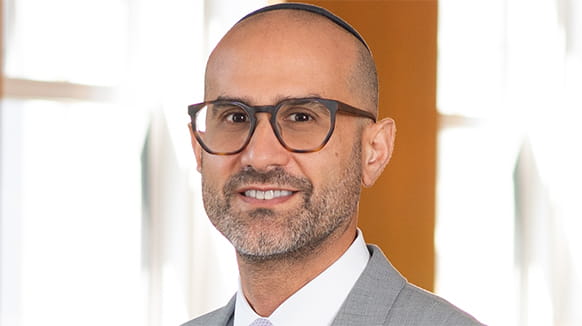On December 11, 2015, the U.S. Securities and Exchange Commission (the “SEC,” or the “Commission”) issued re-proposed rules (the “Proposed Rules”), as authorized under Section 1504 of the Dodd-Frank Wall Street Reform and Consumer Protection Act (“Dodd-Frank Act”). Enacted in 2010, Section 1504 instructed the Commission to adopt rules requiring every SEC-registered public oil, natural gas and mining company to submit an annual report disclosing information about payments they made to the U.S. federal government or any foreign government for the purpose of developing hydrocarbons or minerals.
The legislative history of the Dodd-Frank Act indicates that Section 1504 was passed by Congress as a measure in favor of increased transparency with regard to payments made by oil, gas and mining companies to foreign governments for commercial development of their resources. The professed goal of this transparency was to help empower citizens of resource-rich countries to hold their governments accountable for the revenues generated by those resources, and thereby reduce opportunities for corruption by their government officials.
Rules to implement Section 1504 were finalized and issued by the SEC in 2012 (the “Former Rules”), but the rules were shortly afterwards invalidated by a U.S. federal court in 2013.
In order for SEC-registered oil, natural gas and mining companies to better understand the impetus behind the Proposed Rules (and the changes from the Former Rules), it is helpful to explore the background of the SEC’s prior endeavors to comply with its Section 1504 directives. However, it is also important to review developments in the U.S. and elsewhere in the global transparency movement relating to resource extraction payment disclosures since 2012, when the Former Rules were adopted.
To read the full alert, click on the PDF linked below.
SECs-Resource-Extraction-Payments-Disclosure.pdf
If you have questions about this topic, please contact one of the following lawyers:





